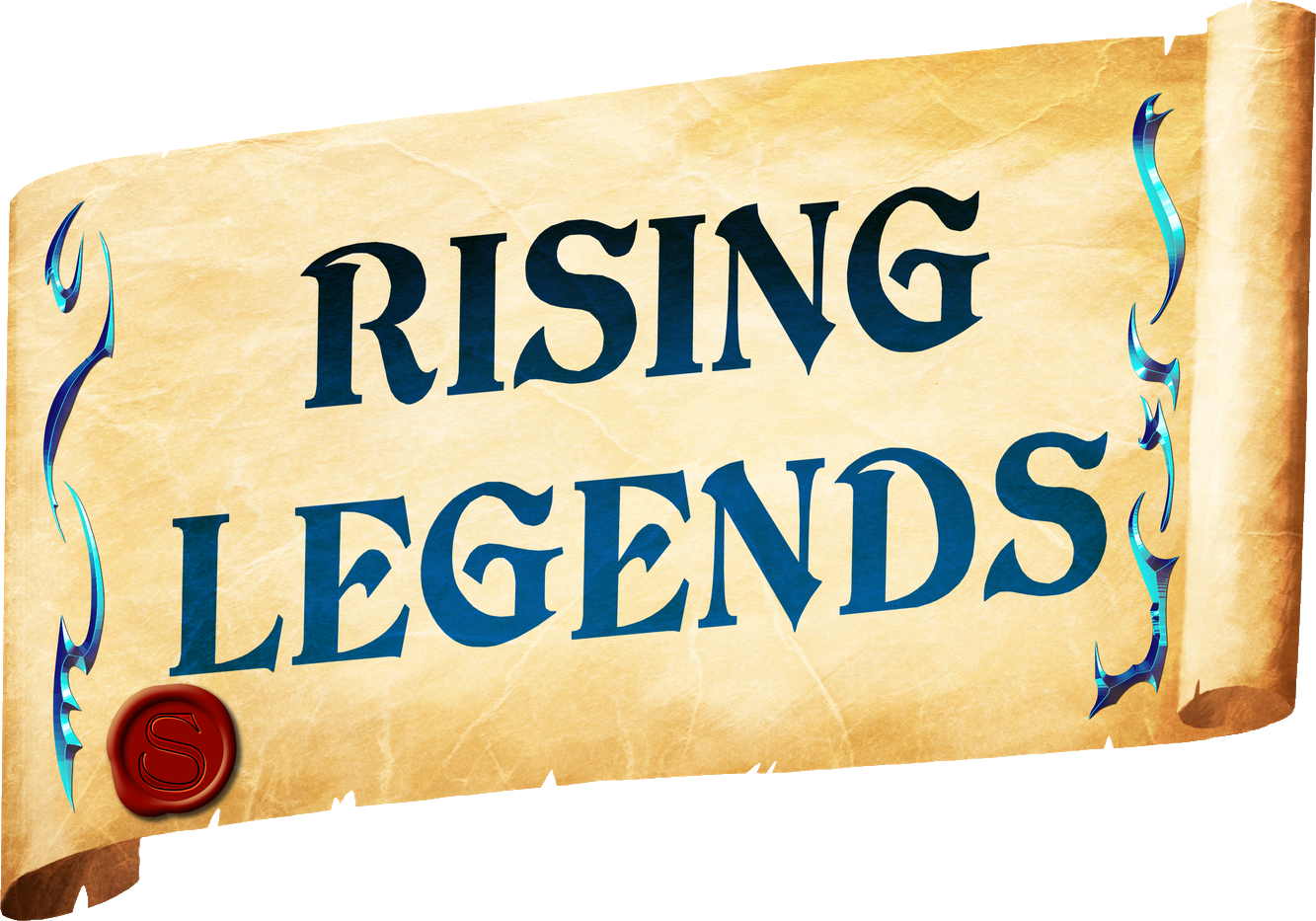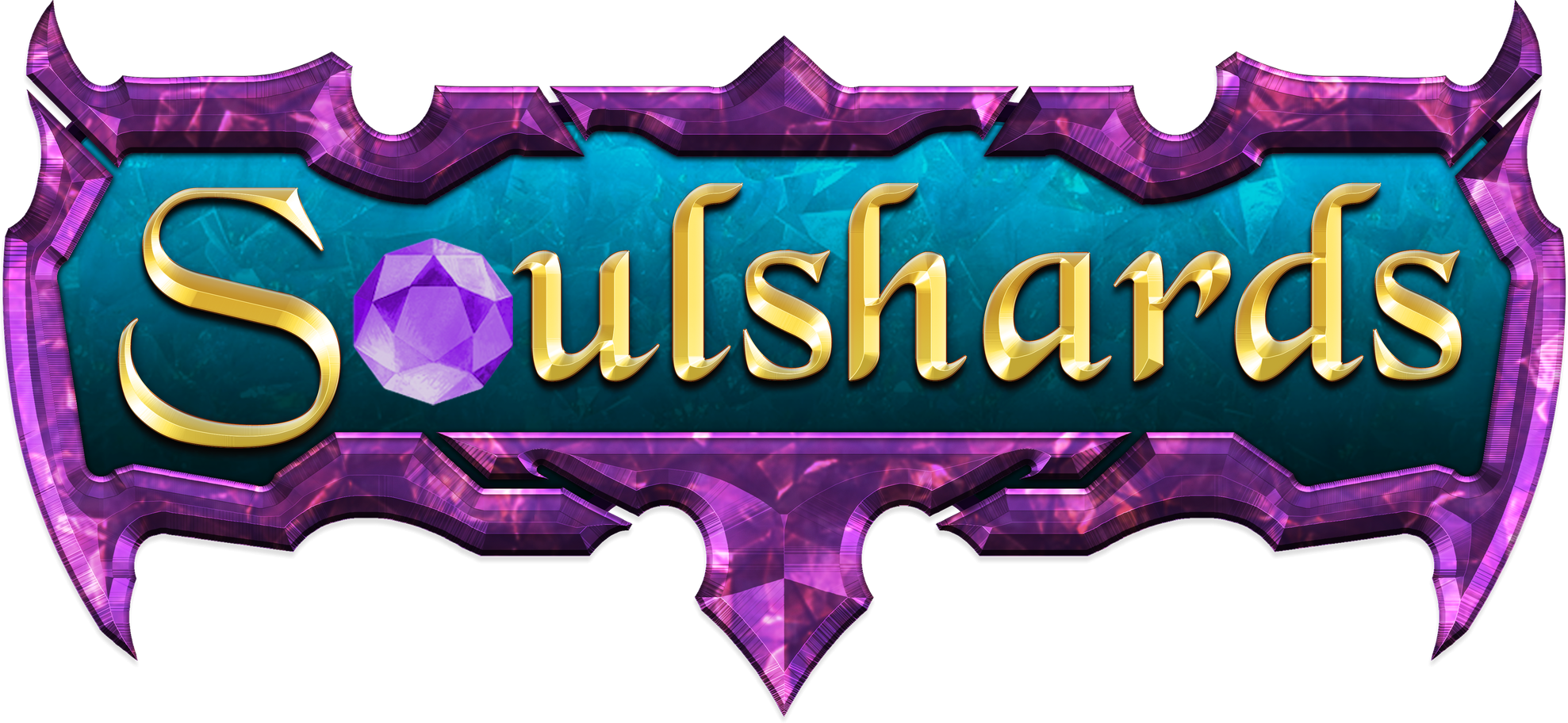

The Soulweaver weaves together the adventure, preparing the world and setting forth challenges the players must overcome. When an effect has the Soulweaver roll other than for damage, they gain +1 for each set of doubles rolled.
Role-Play
The Soulweaver should award bonuses when a player role-plays impressively in connection with the purpose of an action. Staying in character, using voices, drawing on their backstory, and playing to their faults are all reasons to reward players during a session. As player characters, the world is on their side to support their passion.
Rewards for players can vary greatly. Some common rewards include +1 on a roll or easily making friends with an NPC that shares the player's goals or traits. Customizing rewards for each player is essential to help keep them drawn into their character.
Many players will choose a profession for their character. When performing tasks or recalling knowledge commonly related to that profession, you should grant a bonus of +3 or higher because of their familiarity.
Setting the Adventure
Determining a storyline that can bring a group of adventurers to work together and then provide activities to keep them going for numerous sessions can be challenging. Preparation can be key. Creating an area map, an idea of what shops and taverns are located in each town, various NPCs that occupy each location and fill specific roles, and a concept of government and religion that exists can help you be ready to fill in any needed information as you play. We provide many pieces from our world, or you can use your own.
Player Characters
While the Soulweaver has a large amount of control, it is important to remember that players are a part of the story, not just observers. Each player will have different ideas of how they want to participate, and some will need additional guidance from you to understand their role and options. In some cases, you may need to tailor your story to accommodate certain play styles or character concepts to ensure a player is not excluded.
Non-Player Characters
Non-Player Characters (NPC) are essential to drive the story and interact with the players. While many only need a small amount of personality and a purpose for being where you place them, some will need to be more detailed. An NPC begins with Tier 0 in each Skill, has 18 Tiers to assign, and may assign Tiers up to Tier 4.
Awarding AP
Each time characters succeed a challenging social engagement, puzzle, or battle, they should earn an AP. Extremely challenging events or proper role play may earn an additional AP. Players earn AP much faster than NPCs.
New Adventurers
New adventurers joining an experienced group will see things beyond their expectations and need to learn quickly. Awarding additional AP to these characters to help them catch up is often helpful.
Quests, Bounties, and Awarding Souls
Players must work hard to craft, earn bounties, and harvest the monsters they hunt to earn Souls. Be sure to provide opportunities for them to quest.
Determining how difficult a quest or bounty is also helps determine the reward. They are rated in Tiers and rewards to the party should be about equal to the cost of an artifact of the same Tier. Tier 0 quests should pay about 5 Souls. The Tier is based on duration, risk, ability specialization needed, and the social impact of the target.
To determine the Tier of the quest or bounty, add each of these values together. If players complete a quest and find that the Tier was poorly judged by the requested, they may argue for a different reward.
Starting with Advanced Characters
When a player enters the campaign with more than 12 AP, they should receive Souls based on the amount. Divide their total AP by 12. Grant them Souls equal to double the cost of an Artifact of each Tier 1 through that number.
Population and Resources
Larger cities have many more resources than smaller towns. With more people, the types of crafters and casters that can be found greatly increases as well as the materials that are kept around. A city of about 30,000 residents will have around 50 guards.
Laws and Guards
While in town, laws are generally enforced. Murder, theft, vandalism, and general violence can result in arrest and fines. Larger towns and cities may have guards. Smaller locations commonly use adventurers as guards or bounty hunters. Filling these roles often requires becoming licensed. The capital has a royal guard that is dispatched against major threats to the realm. Despite guarding efforts, a thriving underbelly of society can often be found if you know where to look.
Cost of Living
Surviving day to day has costs to eat and have a safe home. Most adults work a job to earn the shards they need. A common laborer earns about 2 Souls a day. A skilled worker should be expected to earn around 4 Souls each day. The greatest experts can bring in over 10 Souls each day. Adventuring may not always be the best income but offers benefits such as fun and reputation.
Buying Special Materials
Obtaining gear made of special materials should often prove challenging. As these materials are rare and harder to work with, they will be unavailable in most small towns. Larger towns are likely to have raw materials for sale but will rarely have objects already crafted with them. If already crafted, those objects are almost certainly not exactly what an adventurer seeks.
Reputation and Fame or Infamy
Tracking how players interact with the world can allow you to provide interesting interactions with NPCs. You can designate reputation to any character for tasks that any group witnesses or hears about. As reputation grows, characters may gain fame or infamy based on the types of acts that got them noticed. You can award players benefits when dealing with those familiar with their deeds in ways such as discounts, secret information, or allies that aid as best they can.
Building Encounters
Preparing a group of creatures that outnumbers the party but has combined AP equal to them is often a fair fight as enemies normally are equipped with less gear, have lower Skill Tiers, and have no inherent Affinities.
Morale
Most creatures are not interested in fighting to the death. If it becomes apparent that they cannot win, intelligent creatures will normally surrender to avoid taking serious injuries. If they see their allies being killed off or harmed beyond what is needed to subdue them, fleeing becomes much more likely.
Body Types
Most creatures have a head, torso, 2 legs, and 2 arms. Arms, legs, wings, tail, tentacle, and head connect to the torso. Each of these can have connected parts as well. The head can have beak, ears, eyes, mouth, horns and nose. The mouth may have fangs or a beak. Arms may end in hands, claws, or pincers. Legs can have feet, hoofs, or talons. Wings can have horns. Tails can have stingers, eyes, or fangs. Tentacles can have eyes, fangs, hands, horns, pincers, or stinger.
Creating Custom Abilities and Objects
Players may have unique ideas they would like to use for their character. This can be done with approval of the Soulweaver. Compare the idea to features already available to determine if their creation is fair and balanced. If all players would like to use custom features, you should ensure the players are balanced with each other rather than the rest of the game. In this case, you should improve the enemies you place in encounters.
© Grinning Demon Games ~ admin@SoulshardsRPG.com
--------------------------------------------------------------------------------------------------------------------------------------------------------------------------------------------------------------------------------------------------------------------------------------------------------------------------------------------------------------------------------------
Yitzi Santer: Creator | Clinton Menezes: Lead Developer | Travis Almon: Lead Writer Merch Store ~ The Team |